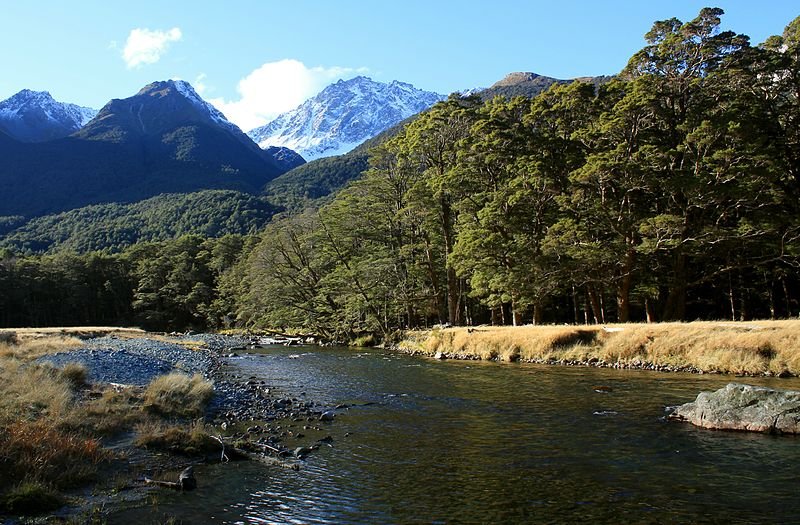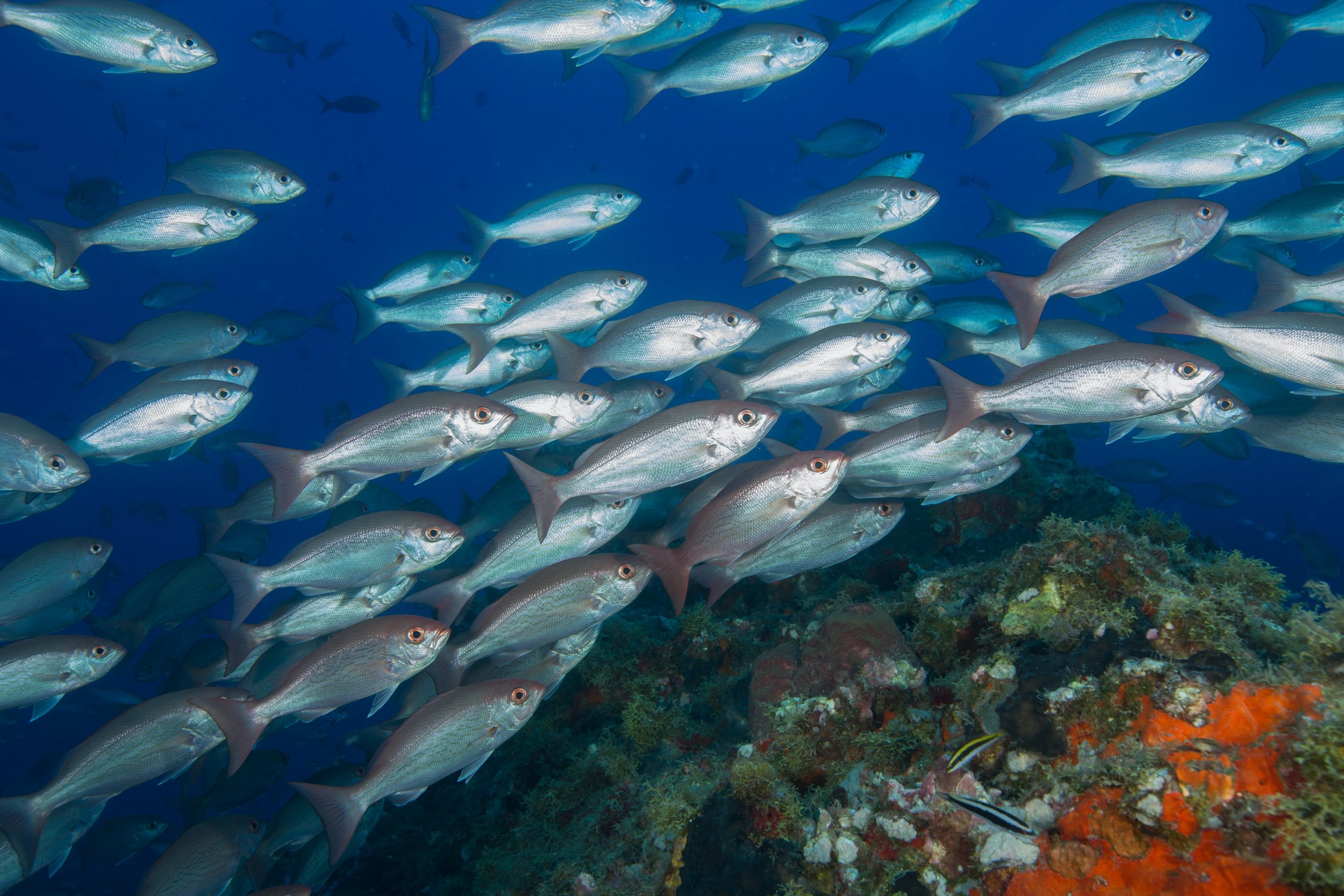
News and submissions
High Court confirms ECan’s nitrate pollution rule was made in error
The High Court has found that Environment Canterbury (ECan) made an error of law when it allowed nitrate discharges from farming as a region-wide permitted activity in its regional plan.
Appeal of court decision launched regarding ECan’s pollution consent to MHV irrigation scheme
We are appealing the recent High Court judgment which upheld Environment Canterbury’s decision to allow the MHV irrigation scheme to pollute water for 10 years.
Government moves to strip protections for water quality
The Environmental Law Initiative says last-minute Government amendments would gut core protections for New Zealand’s rivers, lakes, and streams.
We’re taking Environment Canterbury to court over water pollution from nitrates (again)
In a judicial review announced today, the Environmental Law Initiative alleges Environment Canterbury failed to account for the impact of nitrogen discharges on drinking water supplies when granting a discharge consent to MHV Water Ltd.
“We believe there are firm grounds for the Council’s consent to be overturned,” says ELI’s Senior Legal Researcher, Lottie Boardman.
ECan’s appeal of the ALIL consent case
ECan is appealing ELI’s High Court win on the ALIL consent case.
ELI challenges another Mt Messenger bypass decision
ELI has amended its statement of claim in the Mt Messenger case.
What do NZ’s latest wetland regulations mean?
Recently, the New Zealand government made changes to the 2020 Freshwater Package after collecting input from the public. The 2020 Freshwater Package was supposed to provide increased protections for wetlands, in line with the government's policy goal of "no further wetland loss." However, following a lengthy consultation process, the government has proceeded with significant changes against recommendations of eNGOs and other concerned groups. Here, we break down what the new policy means and why it is significant.
Protecting our coastal wetlands - our submission to MfE
Our submission to the Ministry for the Environment on their proposed changes to provisions for wetlands in the coastal marine area (CMA).
“Managing our Wetlands” and Technical Amendments - ELI’s Submission
Our submission to Ministry for Environment on the 2022 Exposure drafts of the NPS-FM and NES-F: “Managing our Wetlands” and Technical Amendments.
Structural issues and under-resourcing at the heart of DOC’s backlog problems
The Department of Conservation (DOC) is in the process of making targeted amendments to several pieces of conservation legislation, particularly the Conservation Act 1987, the National Parks Act 1980, and the Reserves Act 1977.
In ELI’s view, however, these reforms misdiagnose problems, and overlook the core issues hampering DOC from effectively doing its job. Read our full submission here.
Improving Aotearoa’s environmental reporting system: our submission
Read our submission on MfE’s consultation to improve environmental reporting.
Stewardship land review could result in more mining on conservation land
ELI is concerned at proposals to invoke a special procedure to review the status of public Stewardship Land. As presently set up, the Government’s proposed measures for carrying out this review suffer from a number of shortcomings which could see large swathes of precious public land disposed of to mining interests. Read our full submission to DOC here.
Leveraging wetlands in NZ’s climate change response
Our submission to MfE on why we must prioritise the restoration and conservation of wetlands and peatlands into our emissions reductions approach.
Living up to our international fisheries obligations: our submission to FNZ
With an EEZ that occupies a relatively generous share of the world’s oceans, New Zealand lags behind other countries in its adoption of international standards and norms. This consultation provides the perfect opportunity for New Zealand to do a stock take against international developments in fishing over the past 25 years, redress the current inadequacies in the Fisheries Act (we have suggested two), and fully implement the international obligations we have signed up to on the world stage.
Our submission on the EPA’s reassessment of organophosphates (OPs)
These OPs are the main components of widely used insecticides, pesticides and herbicides in NZ. They have been banned in numerous jurisdictions including the EU and US, due to evidence of significant adverse environments on people and the environment. However, there is an almost complete lack of evidence on the effects of these OPs on NZ’s environment, indigenous taxa and habitats. There is also a lack of evidence on the benefits and economic costs of continuing/discontinuing their use. In ELI’s view, this evidence is crucial to undertaking an informed reassessment. Without it, the EPA should follow the HSNO Act and apply a precautionary approach to its regulation of these hazardous substances.
Managing our Wetlands - Our Submission to MfE
Wetlands are one of New Zealand’s most ecologically valuable, and highly threatened, ecosystems. Since European settlement, more than 90% of our wetlands have been lost to urban or agricultural development. Protecting the few wetlands that we have left is of paramount importance for Aotearoa’s climate resilience, biodiversity, human health and community wellbeing. Read our submission to MfE on their recent proposals to shift wetland regulations, making it easier for industries to destroy wetlands.
Our submission on the HSNO (Hazardous Substances Assessments) Amendment Bill
New Zealand lags behind other OECD nations in its regulation of hazardous substances. Many chemicals banned overseas continue to be used daily in NZ. ELI therefore supports the aim and purpose of the HSNO Amendment Bill. Any improvements to the hazardous substances regulatory regime are to be welcomed.
Our submission on the Freshwater Farm Plan Regulations
ELI has lodged a submission on the Freshwater farm plan regulations proposals. Our key concern is that the Government’s proposed Freshwater Farm Planning system is putting the cart before the horse, and in doing so risks the integrity of both our immediate and longer term limits set to protect and restore our freshwater.
Glyphosate use in NZ
Read our submission on the EPA's call for information on Glyphosate use in NZ - the active ingredient in approximately 90 herbicidal products.
If we are serious about ‘environmental limits’ then they need to be limiting
Why the NBEB must be redrafted to ensure a pivotal role for independent science.




















